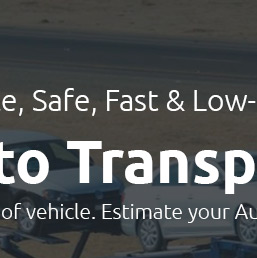commercial vehicle transport essentials and insights
What it involves
Commercial vehicle transport moves vans, box trucks, tractors, and specialty rigs safely from point A to B. Beyond simple hauling, it blends route planning, regulatory compliance, and risk management to keep cargo and equipment protected.
Timing and pricing
Lead times hinge on lane demand, distance, and the need for enclosed or open carriers. Rates reflect weight, height, operability, and pickup flexibility. Booking early often secures better slots, while expedited options cost more but reduce downtime.
Key considerations
- Preparation: Document condition, remove loose items, and note roof equipment or liftgates.
- Permits: Oversize or overweight units may require escorts and state permits.
- Loading: Winches, ramps, or docks change feasibility; inoperable units need clear access.
- Insurance: Verify carrier liability limits and request certificates naming your company.
- Tracking: Confirm pickup windows, GPS updates, and a direct dispatcher contact.
Choose partners with vetted FMCSA authority, clean safety scores, and verifiable references. A well-structured plan minimizes layovers, prevents damage, and keeps your fleet earning. For multi-stop moves, consolidate lanes and schedule after-hours delivery to cut dwell time.






















